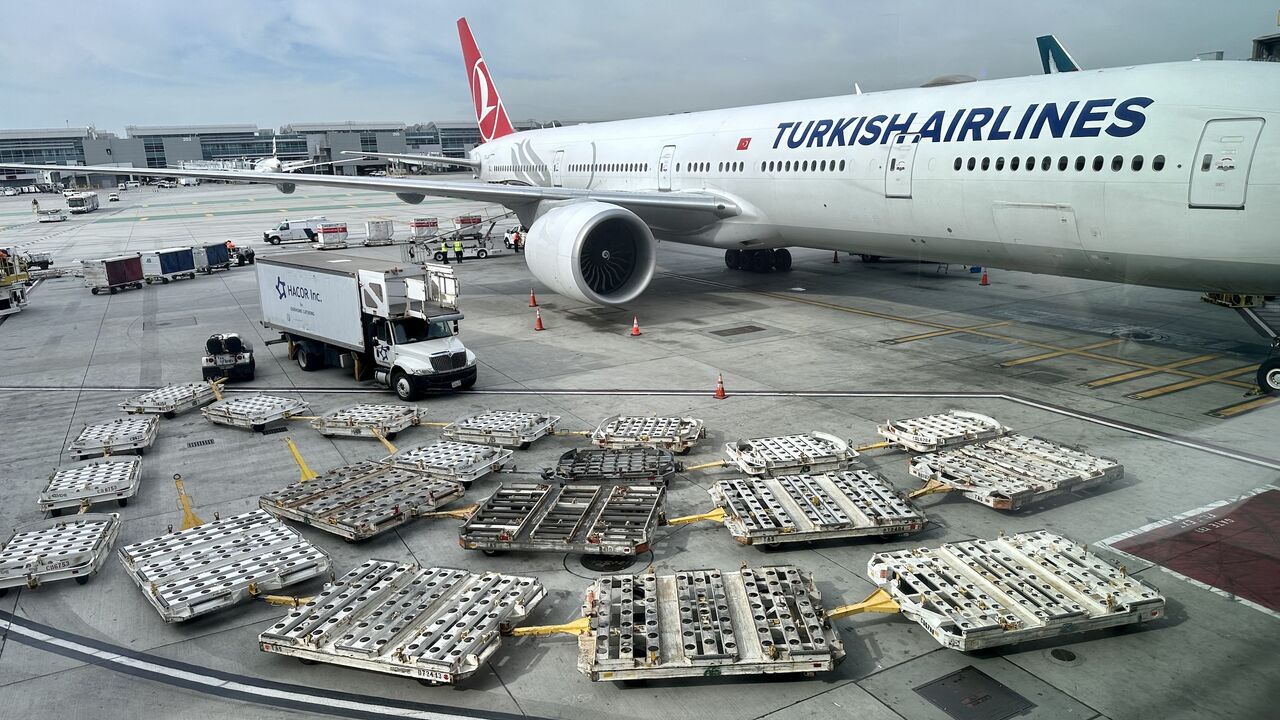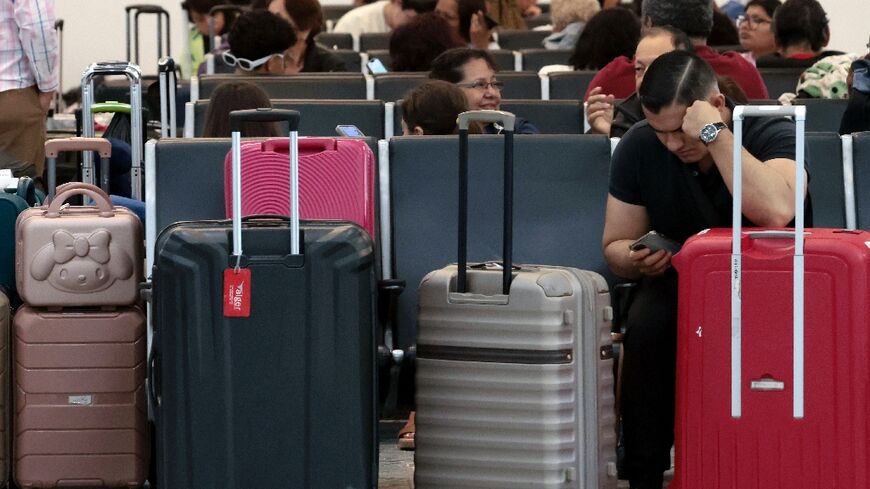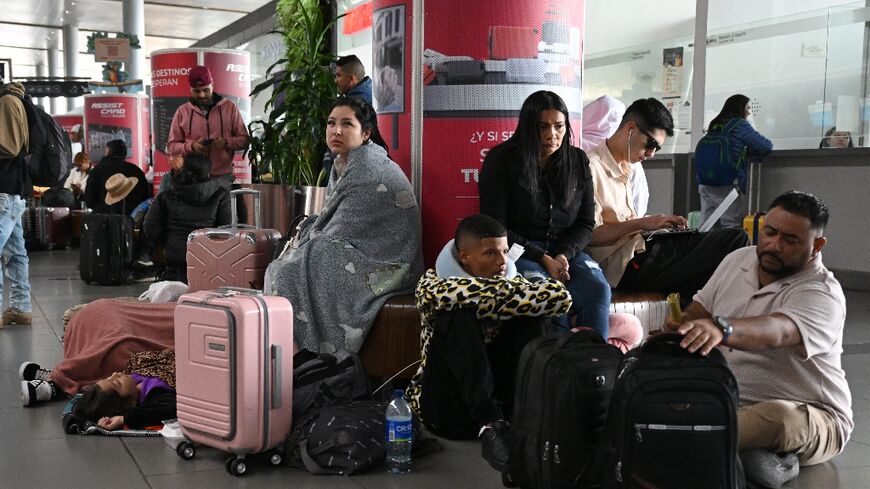Turkish Airlines cancels 84 flights amid global IT outage
The Turkish transportation minister said the government expects the disruption to end “within hours.”

ANKARA — The global IT outage that severely disrupted air and rail traffic around the world on Friday hit Turkey, with the country’s flagship carrier, Turkish Airlines, announcing that it had canceled 84 flights due to the widespread software problem.
“In order to avoid any disruption, some flights will be canceled, and our flights will gradually return to normal as soon as possible,” Turkish Airlines senior vice president for media relations Yahya Ustun announced on X. “We are working to reduce our operational intensity to solve the software-related problem that affects many companies from different sectors around the world.”
A separate post on the airline’s X account stated, “We are currently experiencing problems with ticketing, check-in, and reservation processes.”
The canceled Turkish Airlines flights were mostly “domestic and to and from Europe,” according to Agence France-Presse.
A bug in a software update issued by the cybersecurity firm CrowdStrike caused systems using Microsoft Windows to fail, affecting the operations of major banks, energy companies, transport entities, hospitals and media outlets worldwide.
Turkey’s Transport and Infrastructure Minister Abdulkadir Uraloglu told reporters that the government expected the disruption experienced by Turkish users to end “within a few hours.”
Turkey’s Information Technologies and Communication Agency (BTK) said in a separate statement that it was looking into the glitches faced by “institutions and organizations using the CrowdStrike product.” The agency also said a cyberattack on Turkish institutions had been ruled out.
Disruptions in online services and applications and air traffic were reported in Australia, Europe, India and the United States. In the United Kingdom, railways were also affected, British media reported.
CrowdStrike CEO George Kurtz told NBC’s Today Show that the problem was quickly identified and remediated, but resolution of the issue might take “some time.”








